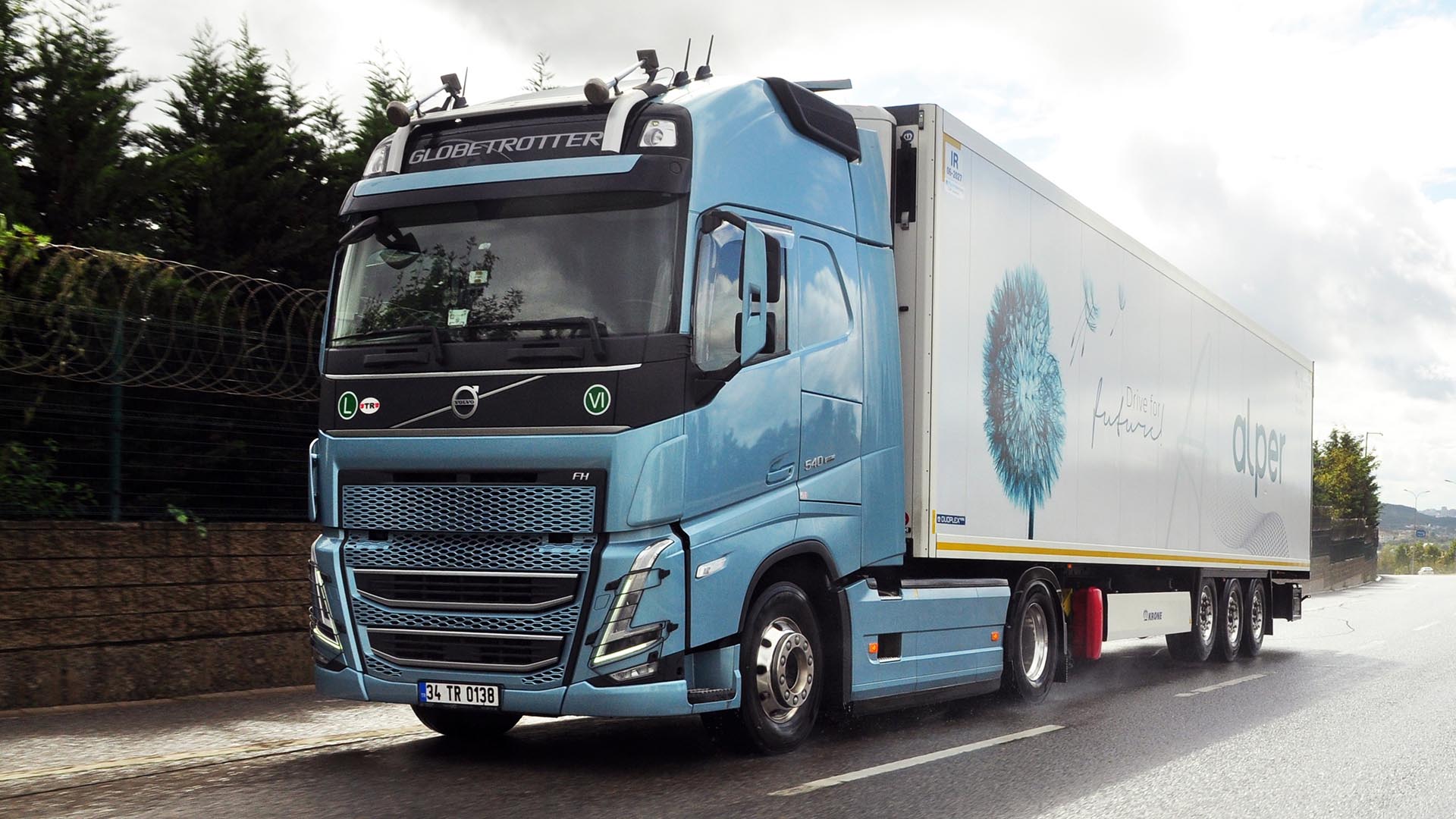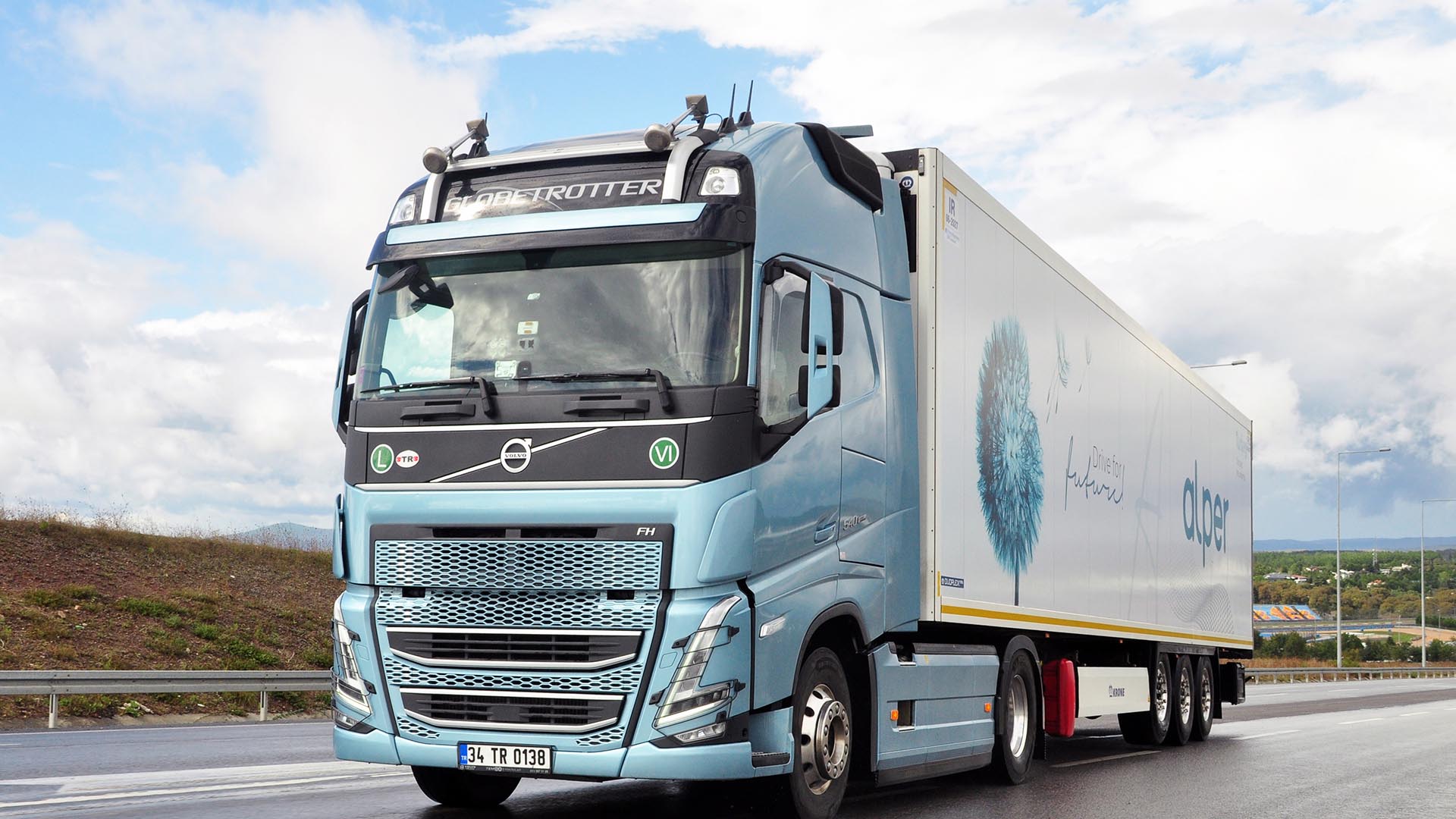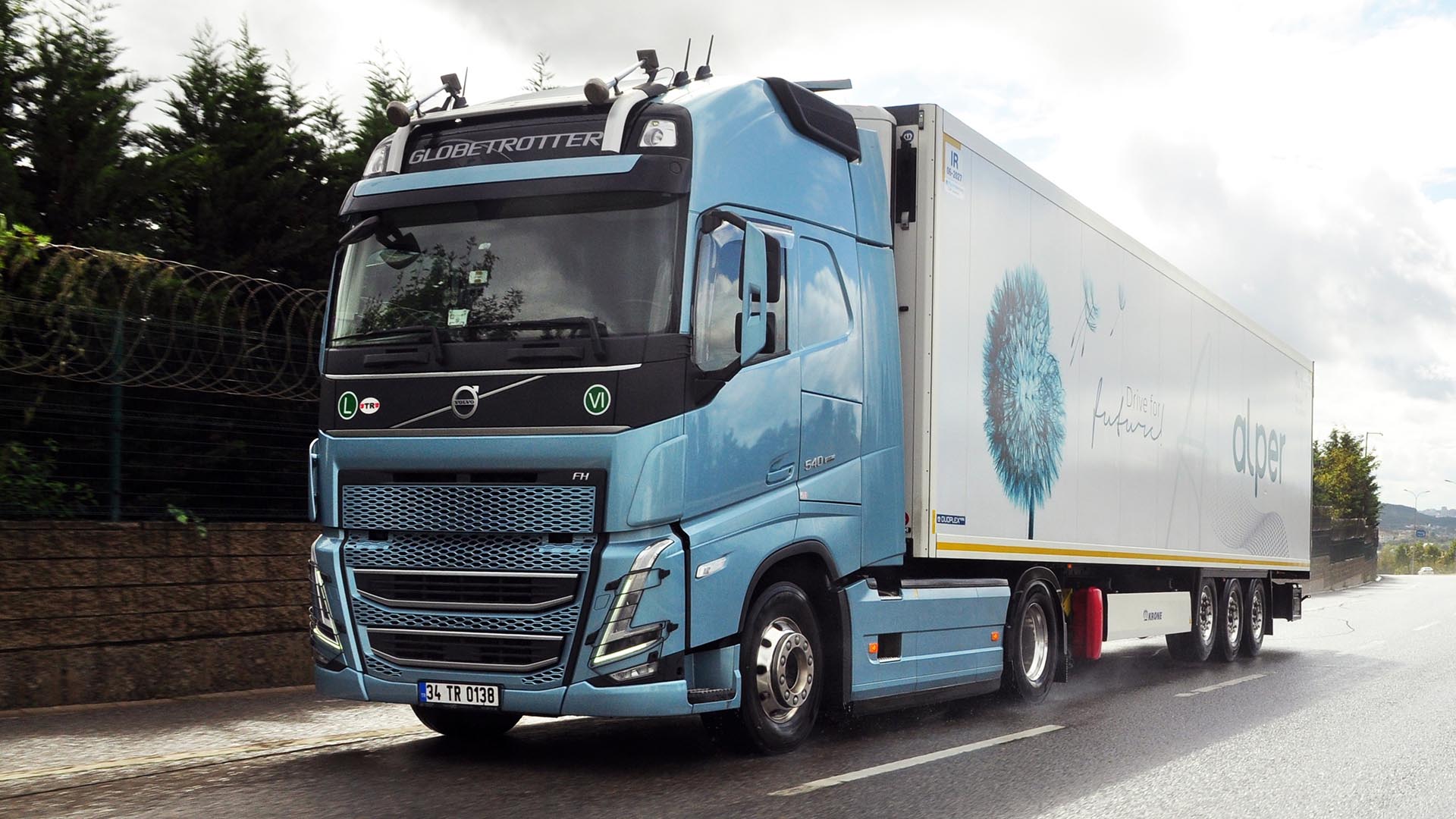- URL Kopyalandı
There are many important concepts within the logistics sector. One of these concepts is the fleet, which refers to the self-owned or leased vehicle collection that a logistics company creates to carry out its road transportation activities. The importance of the vehicle fleet in transportation arises in many areas such as providing customer satisfaction, ensuring safe product delivery, and transporting products efficiently.
The fleet owned by companies in the transportation industry provides information about the company's corporate identity. Logistics companies with a strong fleet ensure that their deliveries are carried out without risk, and their work is coordinated in a structured manner. If a logistics company fails to perform a job, it will result in the failure of its other related jobs. Therefore, in the result-oriented service approach of logistics companies, the importance of the vehicle fleet in transportation is significant.
The importance of the vehicle fleet in transportation is not only proportional to the number of vehicles in the fleet. The vehicles must also meet European standards and have low carbon emissions. It is also essential that the vehicles in the fleet have all the necessary documents to carry out transportation. The fleets must be of a level that meets the needs of their customers and the current market potential.
In conclusion, the importance of the vehicle fleet in transportation is significant because it leads to increased business capacity and customer satisfaction. It involves top-level management, periodic fleet control, a high number of vehicles, meeting the needs of existing customers and the market, and having trained personnel.
The size of the vehicle fleet in transportation can be classified as follows:
Small-scale fleet (1-19 vehicles)
Medium-scale fleet (20-99 vehicles)
Large-scale fleet (100-499 vehicles)
Very large-scale fleet (500 or more vehicles)
How is Vehicle Fleet Management done in Transportation?
Fleet management refers to the efficient and effective use of the equipment, garage, and vehicles owned by a logistics company. It involves the organized management of the company's owned vehicles, equipment, and infrastructure systems.
The fleet management process includes determining the location and time of vehicles during transportation, which accommodation facilities they will use, when delivery will take place, and which equipment will be used in the vehicle. The importance of vehicle fleet management in transportation covers the entire time frame from checking the suitability of a product for the vehicle's specifications to the delivery time determined.
How should the Selection of the Vehicle Fleet be done in Transportation?
The primary element of logistics companies is heavy commercial vehicles such as trucks, lorries, and vans. When selecting these vehicles, what should be considered are:
The vehicle's price
Engine power
Meeting customer and market demands
Fuel consumption
Comfort of the vehicle
Safety.
For more detailed information on international transportation services, you can contact Alper Logistics, which provides services with its owned fleet, through their customer service team.













